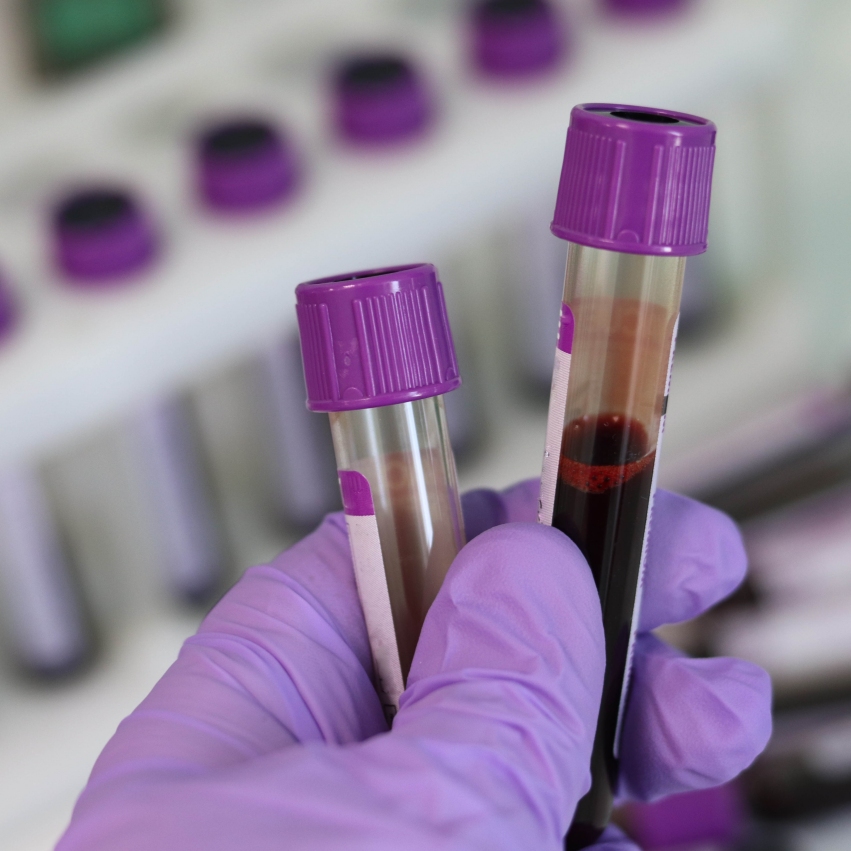The application of artificial intelligence (AI) in healthcare opens up promising opportunities to improve patient care and advance medical research. From the early detection of diseases to the development of new therapies, AI systems can make a decisive contribution in a wide range of medical fields. In this article, we highlight some of the most exciting areas of application.
Early detection of diseases:
A key field of application for AI in medicine is the early detection of diseases. AI-based diagnostic systems can use patient data, imaging procedures or laboratory tests to detect abnormalities long before the first symptoms appear. For example, cancer, cardiovascular diseases or neurodegenerative conditions can be identified at an early stage. Studies show that in many cases, AI systems can diagnose more accurately and more quickly than human experts. The use of this technology can therefore save valuable time for timely treatment.
Drug development:
AI is also playing an increasingly important role in the development of new drugs. Traditionally, the drug discovery process is extremely time-consuming and costly. AI algorithms can significantly speed up this process by analyzing large amounts of data on molecular structures, mechanisms of action and side effects. This allows promising drug candidates to be identified more quickly and tested in a more targeted manner. In addition, AI systems can identify new potential applications for drugs that have already been approved. Overall, the use of AI in drug development promises more efficient and cost-effective drug research.
Improving patient care:
Last but not least, AI applications can also help to improve patient care and support. Intelligent assistance systems can support doctors and nursing staff with documentation, appointment scheduling or treatment monitoring. Robotics solutions also make it possible to take over routine tasks so that medical staff can concentrate on the individual needs of patients. In addition, AI-driven analysis systems can identify patterns in patient data in order to detect risks at an early stage and provide personalized treatment recommendations.
Ethical considerations:
However, the use of AI in sensitive areas such as medicine also raises ethical questions. For example, it must be ensured that the systems work fairly and without discrimination and that the decisions are comprehensible for patients. Doctors must continue to retain control over treatment and bear responsibility for the well-being of patients. In addition, data protection and cyber security issues are crucial to ensure the protection of sensitive health data.
Collaboration between man and machine:
Ultimately, it will be about combining the strengths of humans and machines in a meaningful way. AI systems can relieve doctors of time-consuming routine tasks and expand their diagnostic and treatment capabilities. However, humans will remain responsible for the overall responsibility, decision-making and implementation of treatment. Close collaboration between doctors and AI systems will be the key to more efficient and higher quality healthcare in the future.
Conclusion:
The applications of AI in medicine open up promising opportunities to detect diseases earlier, develop drugs more efficiently and improve patient care. Although some challenges such as data protection, transparency and regulation still need to be overcome, the potential of AI in medicine clearly outweighs these. Experts agree that we will see groundbreaking developments in the coming years and decades and that AI systems will play an increasingly important role in our healthcare system in the future. Doctors, patients and the entire industry can benefit from these innovations – provided they are used responsibly and in the interests of the common good.
Photo: Belova59

